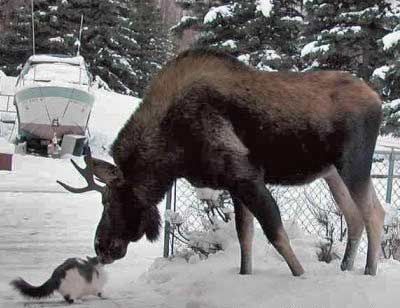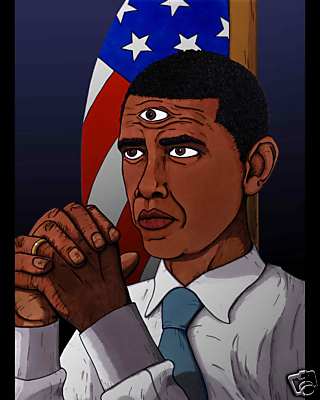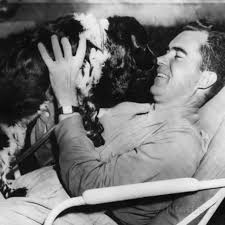I can’t quite figure something out about a section of this book, The Cold War Comes to Main Street America in 1950, by Lisle A Rose…
page 150… on the fluctuations of opinion about Joseph McCarthy, and an uptik in opposition which
Except for the Heart and McCormick — Patterson papers, the “vast majority” of the nation’s newspapers — Republican as well as Democratic — remained “highly critical of McCarthy”.
The two publications cited?
In Washington State, Tullius J. Brown, editor of the weekly Grandview Herald, tried calmly and rationally to put the entire anti-Communist campaign in perspective. “Let’s not condemn everyone as a communist who thinks he sees in the Russian government indications that it is not as bad as it might be,” Brown stated in the first mid century issue. “Americans merely want assurance that the Russians will not try to remold this country to fit the soviet [sic] pattern.” Everyone “despise(s) Stalin and his police state,” Brown later wrote, but “there is more phony patriotism wrapped up in anti-communist outbursts than can be imagined.”Â
As the first McCarthy investigation continued, Brown became more impatient. “If someone should demand that we take a loyalty oath we would feel just a little put out by the challenge.” It would be like asking a horse thief whether he was honest. The horse thief wouldn’t mind, but the really honest person would rightly believe that the demand was an insult.”
Yes. The common sense “horse sense” folksy colloquialism you would expect from…
… No. Really. Why is this book referencing the Grandview Herald? I suppose there’s a “Playing in Peoria” thing here, but even if we’re surveying small town newspapers, I’d now expect another small town newspaper or two or three to buttress that. Instead what we get as indication of a brief tide against McCarthy is…
Perhaps most devastating to McCarthy’s crusade was the reaction of Luce. In early April, Life’s editorial writers urged Americans to reject McCarthy and preoccupation with former policy errors.
Yes. The Grandview Herald and Life Magazine were the bullwarks against McCarthyism in early 1950. And then Truman had to ruin things.
McCarthy fought back desperately. […] But he seemed cornered. Then, on March 30, Truman inadvertently bailed him out, entering the anti-communist debate again with disastrous results.
And now we’d just to wait a few years for Edward R Murrow.
I may as well mention some odd “even handedness” presented by the ever progressive Tullius J Brown…
“Senator McCarthy and Secretary Acheson call each other bad names,” Brown added at the end of March. The people just wanted this bickering in high places to end, for the result of such recrimination “is loss of confidence in everybody occupying high government posts. The Kremlin could ask for nothing better.” The next week, Brown turned completely against McCarthy.
More interestingly would be if the author of this book surveyed the letters to the editor.



